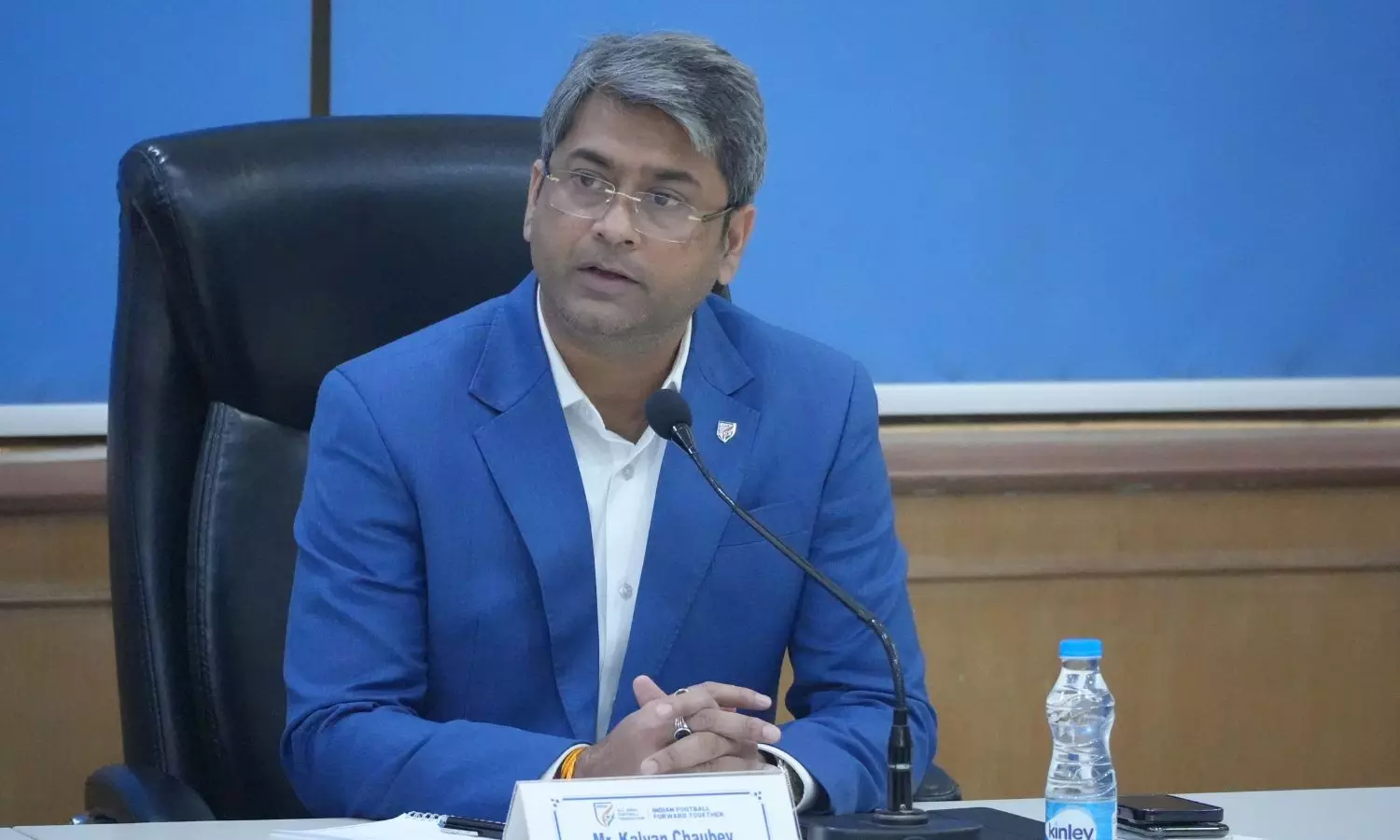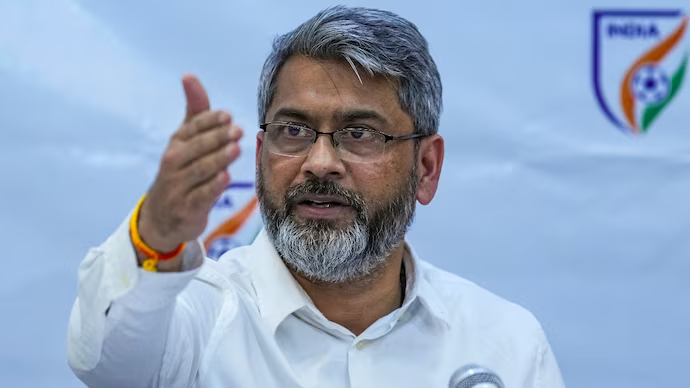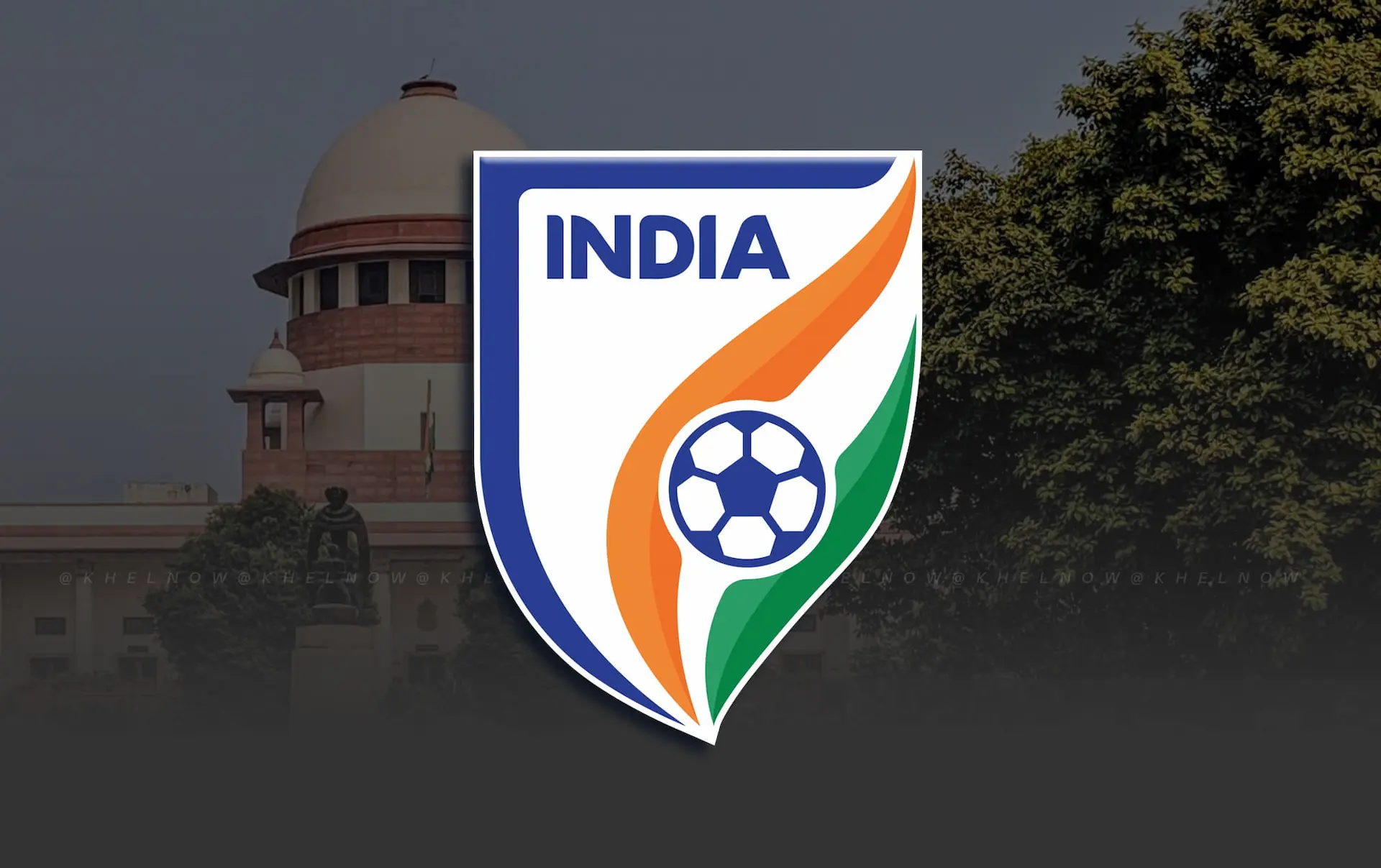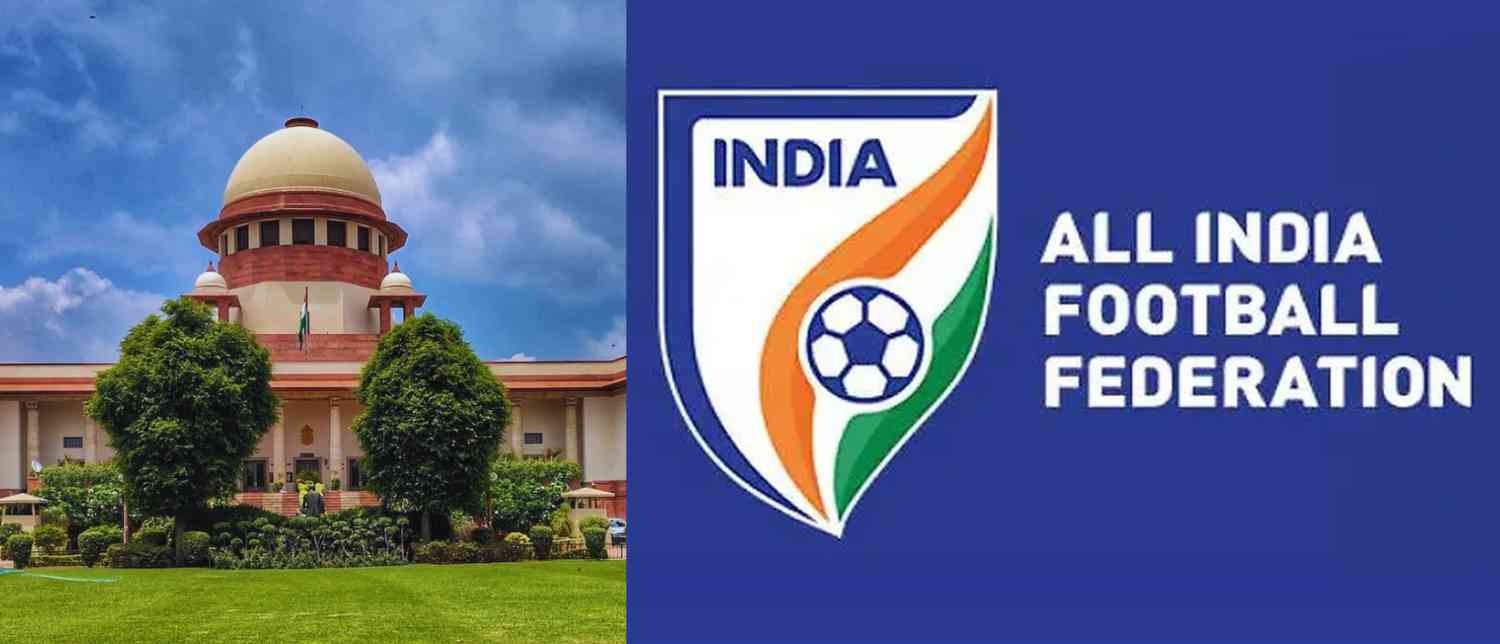On September 19, 2025, the Supreme Court of India delivered a landmark judgment on the governance of Indian football by finalizing and approving the draft constitution of the All India Football Federation (AIFF). This decision ends years of legal uncertainty and administrative disputes surrounding the football body, aiming to usher in transparency, professionalism, and better regulation for the sport across the country.

The Supreme Court’s intervention began as early as 2012 when concerns were raised about AIFF’s election processes not aligning with the National Sports Development Code of India, 2011. Subsequent court rulings, including the quashing of AIFF’s 2017 elections by the Delhi High Court, led to the Supreme Court appointing a Committee of Administrators (CoA) tasked with redrafting the AIFF constitution. After multiple drafts, stakeholder consultations, FIFA’s involvement, and detailed hearings, the Court has now given the green light for the AIFF to adopt this new governing document and enforce it as soon as possible, preferably within four weeks through a General Body Meeting.
The new constitution incorporates crucial reforms, including giving players voting rights, introducing stricter governance rules, and mandating the AIFF to own and professionally run the country's top football leagues, with a clear provision for promotion and relegation mechanisms. These changes are expected to bring Indian football in line with international best practices and enhance the sport’s competitive spirit domestically.

Alongside approving the new constitution, the Court also allowed the current AIFF leadership, headed by President Kalyan Chaubey, to complete their tenure without disruption since only one year remains until fresh elections in 2026. This decision provides much-needed stability in leadership amid the reforms.
The Court recognized football not just as a sport but as an important societal force that embodies the constitutional value of fraternity—uniting diverse people around a shared passion and purpose. The AIFF’s constitution is seen as a foundational step toward building an institutional framework that nurtures this unity while ensuring accountability and transparency in governance.
For nearly a decade, Indian football has been caught in administrative tussles and governance questions that hindered its growth potential. The Court’s judgment marks a turning point that could enable better organization of competitions like the Indian Super League and Super Cup, improve governance at the state and national levels, and open doors for commercial partnerships under clearer contractual terms.
_1758356830.webp)
Stakeholders in Indian football—players, administrators, clubs, and fans—have generally welcomed the Court’s decision, seeing it as a positive move toward professionalizing and streamlining Indian football. AIFF Secretary General M. Satyanarayan expressed relief and optimism, highlighting that the new constitution provides clarity and stability, enabling focus on development rather than litigation.
However, there are voices urging caution, emphasizing the need for rigorous implementation rather than merely paper promises. The true test lies in how AIFF and its members enforce the constitution’s provisions, especially regarding promotion and relegation and player participation in governance.
Others note that while structural reforms are necessary, parallel efforts are required to grow grassroots football, improve infrastructure, and nurture talent nationwide. The constitution’s success will depend on collaboration among all stakeholders, including state associations, clubs, and the government, in addition to AIFF’s leadership.

The Supreme Court’s directive to enforce the AIFF constitution highlights the judiciary’s growing role in sports governance in India—a domain historically marked by administrative disputes. The Court’s patient approach, involving expert committees and multiple hearings, suggests a balanced attempt to respect the autonomy of sporting bodies while ensuring adherence to democratic and legal norms.
By not disrupting the current office bearers’ tenure immediately, the Court aimed to balance the need for reform with institutional stability, signaling a careful, phased approach rather than abrupt upheaval.
The Supreme Court’s order for AIFF to enforce its constitution after years of legal battles is a significant milestone for Indian football administration. It sets the stage for improved governance, transparency, and competitive structures, holding promise for the growth of football in India at all levels.

While optimism is warranted, continuous monitoring, stakeholder cooperation, and diligent implementation will be critical to realizing the constitutional vision. The judgment is not an end but a beginning—one that could shape the future trajectory of Indian football for years to come.
This development aligns with a broader trend of judicial engagement in sports governance and reflects the increasing expectations from sports bodies to be transparent, inclusive, and professionally managed in service of the sport and its fans nationally and internationally.
With inputs from agencies
Image Source: Multiple agencies
© Copyright 2025. All Rights Reserved. Powered by Vygr Media.





















